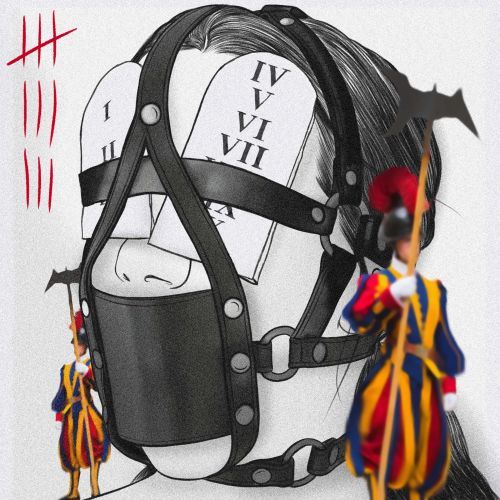Strict Europe: access to abortion in Malta and Liechtenstein
Malta has a total abortion ban, even in cases of rape, incest or a threat to the woman’s life. Therefore, the recent arrest of a Maltese woman for undergoing a medical abortion at home using illegal abortion pills in Malta has divided Maltese society. Pro-choice groups are calling for urgent law changes and organising protests, and the topic of abortion in Malta, a strongly Catholic country, is very divisive. Those who demand full decriminalisation or even minor changes in the law face psychological harassment on the Internet and physical harassment in public places. You can even get fired for writing about abortion.
Liechtenstein has one of the strictest abortion laws in Europe. Since the amendment to the Penal Code in 2015, a woman can legally terminate her pregnancy for the first time in history, and a doctor must perform the abortion. However, the doctor commits a crime if he terminates the pregnancy with the consent of the pregnant woman under the threat of imprisonment for up to one year or a fine. Therefore, although pregnant women have the right to an abortion, they will not find anyone to perform it in Liechtenstein. Thus, abortion remains de facto prohibited in Liechtenstein. The local doctor may, without penalty, terminate a pregnancy only if it is necessary to prevent grave danger to life or severe damage to the health of the pregnant woman, which cannot be prevented in any other way if the pregnant woman is a minor at the time of conception or the pregnancy is the result of an act of sexual violence.


























